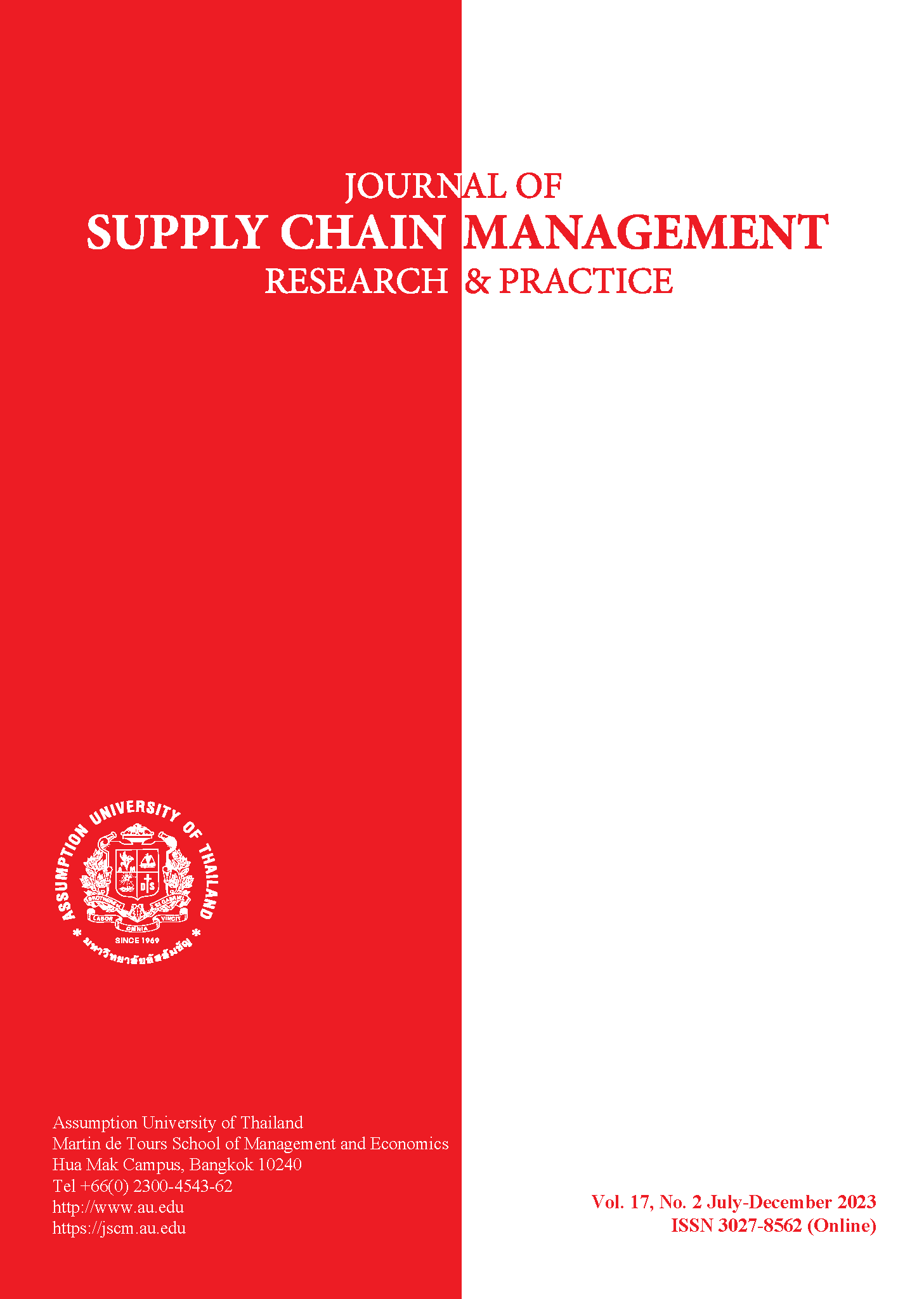THE USE OF DIGITAL CHANNELS SUPPORTING SME's INTERNATIONAL BUSINESS COMPETENCE, INTERNATIONAL PERFORMANCE AND THEIR MODES OF ENTRY
Abstract
Information and Communication Technology (ICT) has become a global trend that businesses cannot ignore. It has been integrated into business practices and marketing functions whether the business is operating locally or internationally. This study identifies that the performance of firms is derived from their business competences which include marketing skill, market orientation and innovativeness. The study investigates those Small and Medium-sized Enterprises (SMEs) in Thailand which are involved in international business activities using various digital channels (DC) in communicating and socializing with their customers. The author offers a DCIBCOM model to link the SMEs’ digital channels, international business competence (IBC) and their international performance (IP) in relation to their three modes of entry (MoE) to foreign markets. This study’s unit of analysis consists of 146 SMEs from various industries. The results suggest that with different modes of entry, different components of IBC need to be emphasized. This study also finds that all four channels of digital technology (mobile applications, internet services, website and social networks) have no significant impact on SMEs’ performance in all three modes of entry. However, the study finds important positive and negative impacts of digital channels in different foreign market modes.


